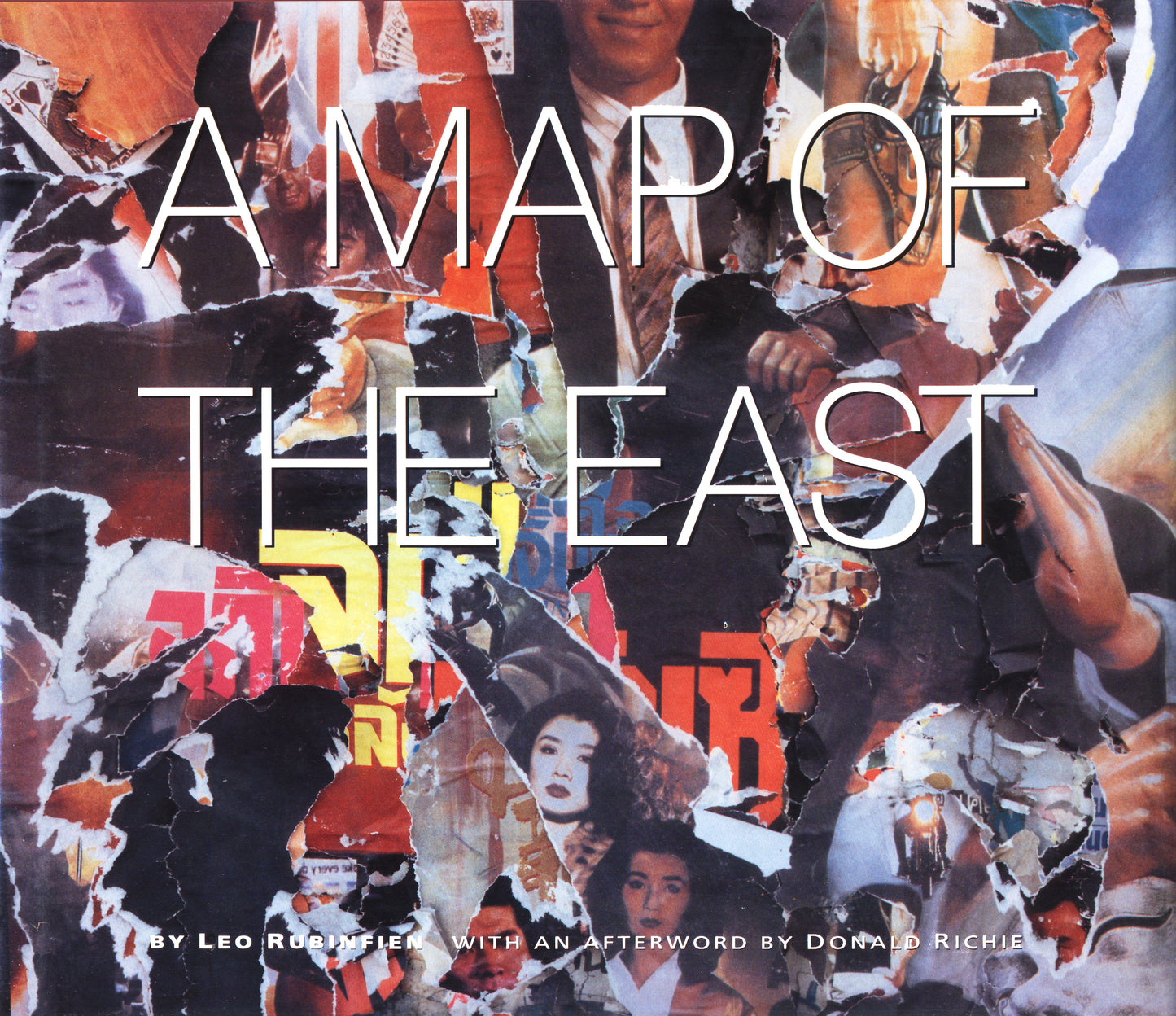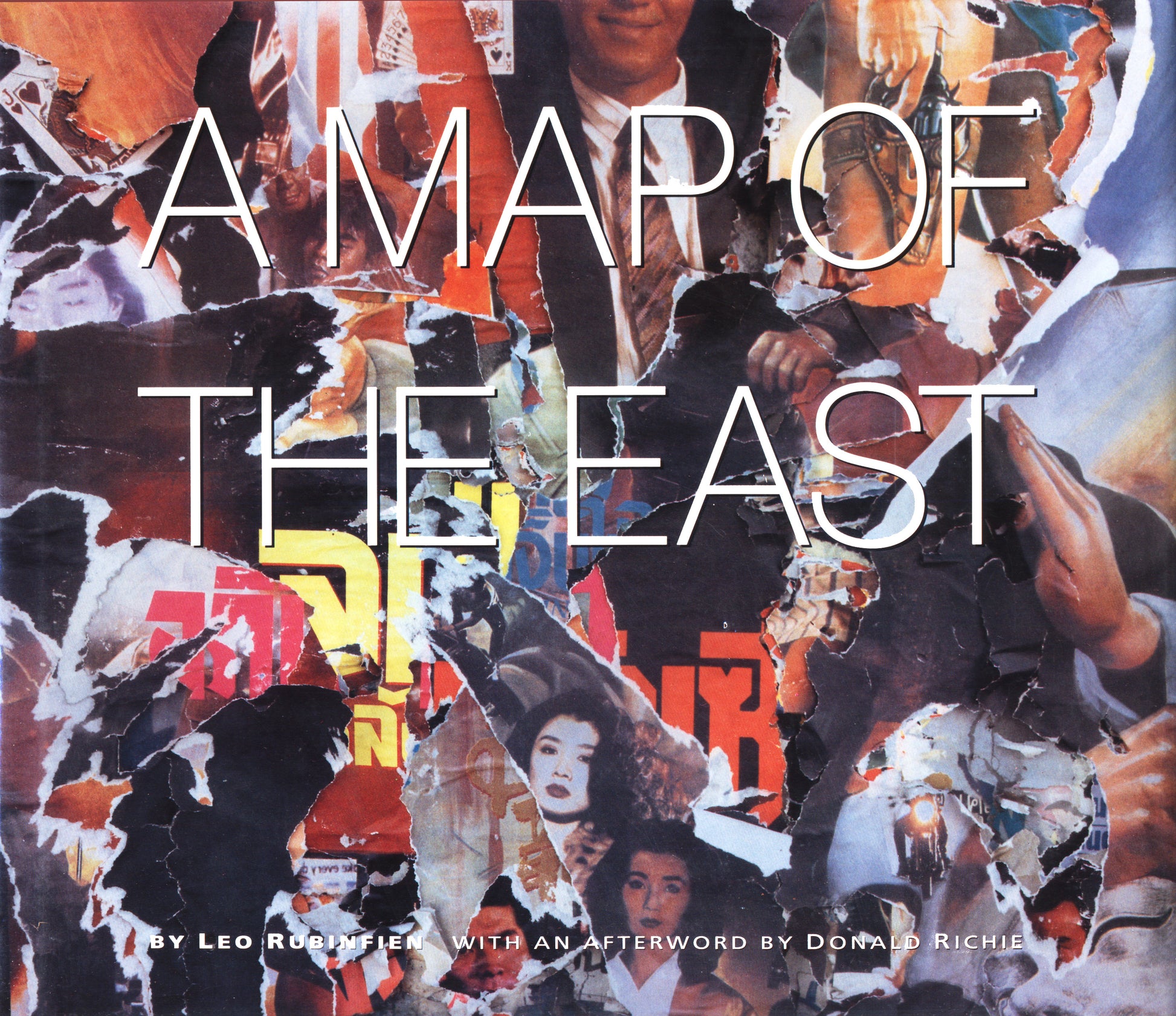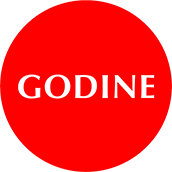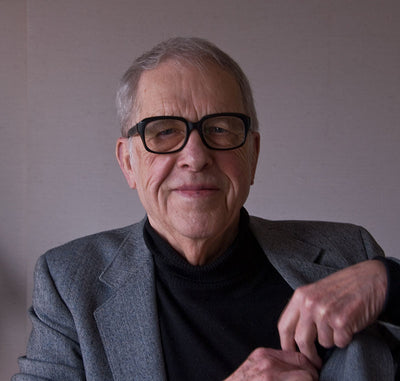A Map of the East - SAVE 50%!
A Map of the East - SAVE 50%!
Afterword by Donald Richie
Couldn't load pickup availability
Product Details
Product Details
ISBN: 978-0-87923-943-5
Pages: 132
Size: 2
Published: 1992

In this startling and illuminating book, Leo Rubinfien attempts to define the character and idiosyncrasies of a part of the world that intrigues and alarms Americans today as it has rarely done before. His “map” is neither precise nor defined by boundaries. It is, rather, an elegy and a celebration, a book of photographs composed poetically through subjective eyes, a sequence of couplets (here seen as paired photographs) carefully arranged by the hand of an artist. It is a book, like the very best of its kind, that enables us to see anew.
Rubinfien spent his early youth in Tokyo. He returned there in 1979 and for the next eight years traveled almost continually, making the pictures in his book in Japan, China, Thailand, Indonesia, Burma, the Philippines, and Vietnam. In the 107 images presented here he moves through the vast landscape and complex cultures of the Orient not as a reporter but as one who can remember what has passed and convey the poignancy of what will soon disappear. Like the finest western observers of the East, Rubinfien is able to express a great tenderness for the word he portrays while remaining acutely aware that he is an outsider.
In Rubinfien’s “Personal Asia,” writes Donald Richie in his Afterword, “the most ordinary stuff can appear before us with even visionary intensity . . . the ordinary [may] become extraordinary, be transformed, rescued, redeemed.” Here, then, is an intimate, lyrical work that gives readers the shanties and businessmen, air pollution and toy shops, ferryboats and war relics, innocence and femininity of an Easy that is changing at a frantic pace. The photographs reveal both how the East views itself, and how the West constantly assaults but never quite conquers it. Knowing that no one can answer just how much ahs been lost or gained from the West’s intrusions in the East, Rubinfien brings us a book that will prove one of the most sensitive treatments of the question and a lasting addition to our literature on the Orient.


